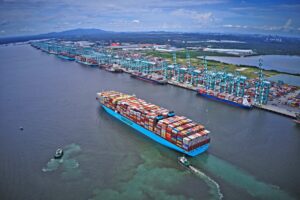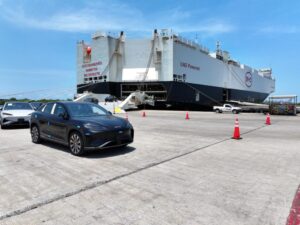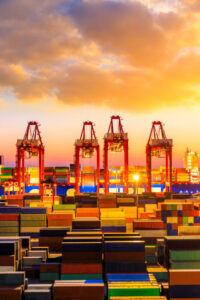The Board of the Massachusetts Port Authority (Massport) has voted for an approval to execute a Project Partnering Agreement with the US Army Corps of Engineers (ACOE) and MassDOT to start the Boston Harbor Dredging Project.
A signed agreement allows the ACOE to bid contracts for construction on a Confined Aquatic Disposal cell (CAD cell), which is needed for the maintenance dredging of the Inner Harbor Main Ship Channel.
Maintenance dredging will restore the inner harbour to 12.1 metres and is the first phase of the larger dredging project.
Without maintenance dredging, the harbour will continue to silt, leading to increased transit times, economic inefficiencies, and navigational safety concerns.
This portion of the harbour was last dredged by the ACOE in 1986, and is vital to the maritime economy in Massachusetts.
Lisa Wieland, Port Director at Massport, said: “The maintenance dredging and associated construction on CAD cell by the Army Corps of Engineers will allow for the terminals on the Chelsea Creek and Mystic River, including the Commonwealth energy corridor, to continue to operate in the most efficient manner; providing the region with a multitude of bulk products.”
The CAD cell is a key factor in the maintenance dredging of the inner harbour ship channel, which will ensure vessels carrying home heating oil, salt, Logan Airport’s jet fuel, and cars to the Autoport can continue to get to terminals on the Chelsea and Mystic Rivers.
Massport and MassDOT agreed to pay $5 million, while the ACOE will spend $12 million from its FY’16 Work Plan for the design and construction. CAD cells have been constructed in Boston Harbor for past dredging projects.
In June 2014, President Obama signed the Water Resources Reform and Development Act (WRRDA) into law and specifically mentioned the Port of Boston in his remarks on water infrastructure and harbour deepening projects across the country. The US$310 million Boston Harbor Dredging Project will deepen the main channel used by container ships from the existing 12.1 metres to 15.5 metres.
The ACOE, who is responsible for dredging the inner and outer channels of the Boston Harbor, estimates that every dollar invested, will yield nearly $7 in economic return.
The Port of Boston is currently responsible for $4.6 billion of economic activity in New England and a total of 50,000 jobs.
Each year, more than 1.3 million tonnes of cargo passes through Massport’s terminals in the Port of Boston, which provide the shipping facilities New England needs to compete in the global economy.
Fact File: The Massachusetts Port Authority (Massport) owns and operates Boston Logan International Airport, public terminals in the Port of Boston, Hanscom Field, and Worcester Regional Airport. Massport is a financially self-sustaining public authority whose premier transportation facilities generate more than $15 billion annually, and enhance and enable economic growth and vitality in New England.







